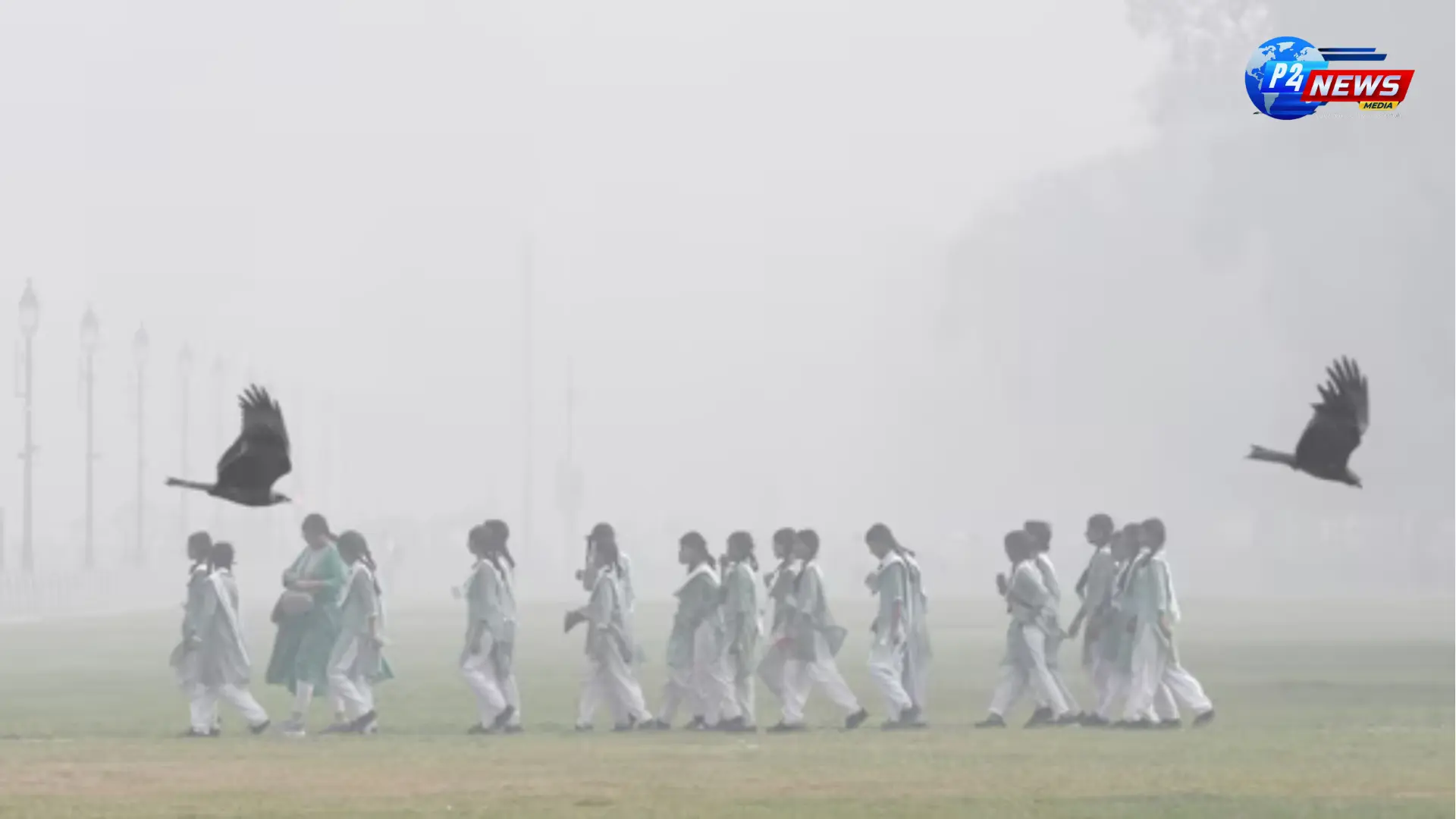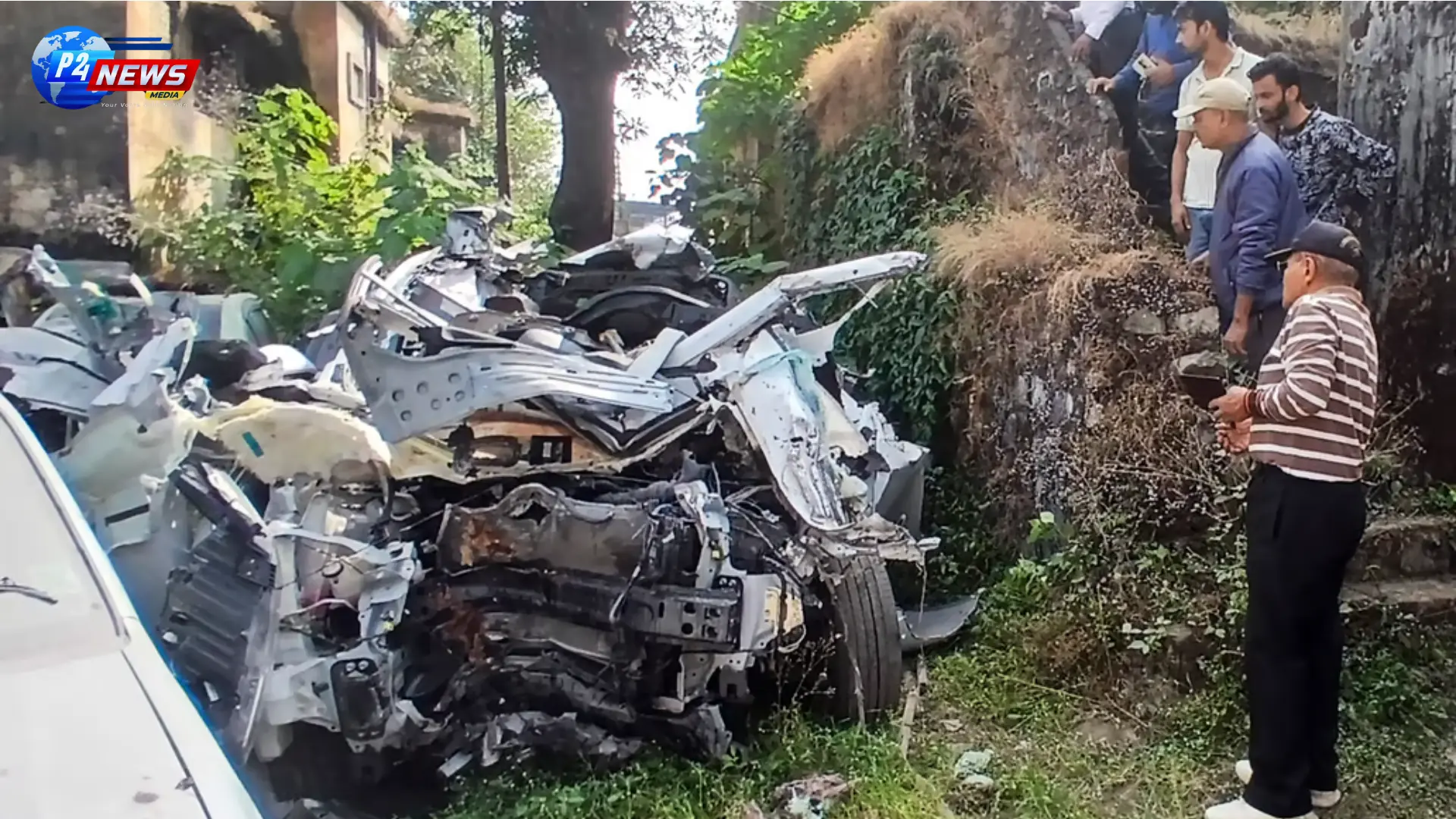Delhi is grappling with a severe air quality crisis as the Air Quality Index (AQI) reaches alarming levels. Starting today, the Graded Response Action Plan (GRAP) stage 3 has been implemented at 8 AM, leading the Delhi government to announce a shift to online classes for primary school students due to poor air quality and reduced visibility. This urgent measure highlights the ongoing struggle against pollution in the National Capital Region (NCR), where numerous health hazards are posed to residents, particularly children.
Delhi's Air Quality Crisis: A Concerning Update
The alarming drop in air quality in Delhi has become a pressing concern for residents and authorities alike. With the Air Quality Index (AQI) plunging into the 'severe' category, parents are understandably worried about the health implications for their children. In response to these deteriorating conditions, the Delhi government has swiftly enacted the Graded Response Action Plan (GRAP) stage 3, which commenced at 8 AM today. This action plan is designed to mitigate the adverse effects of pollution, particularly during high pollution periods.
In an effort to protect the youngest members of our society, the government has mandated that all primary schools transition to online education until further notice. This decision, while difficult for many families, underscores the seriousness of the situation. With visibility significantly reduced across the NCR, the health risks associated with outdoor activities, particularly for children, have prompted this preemptive move.
The air quality in Delhi has been a significant topic of discussion, particularly as winter approaches. The onset of colder weather often exacerbates pollution levels, trapping harmful particulate matter close to the ground. The GRAP stage 3 is a critical component of Delhi's strategy to combat smog, which involves a series of measures designed to improve air quality. Under this stage, various restrictions are implemented, including the closure of construction sites, suspension of non-essential activities, and increased scrutiny on vehicular emissions.
Throughout the years, initiatives aimed at tackling air pollution have been introduced, yet the persistent problem remains a formidable challenge. Residents are advised to limit outdoor activities, especially for children and those with respiratory issues, to mitigate health risks. Numerous studies have linked prolonged exposure to high levels of air pollution to serious health complications, such as asthma and cardiovascular diseases. As a result, the government's decision to move primary education online is a necessary step to safeguard public health.
In light of these developments, it is imperative that citizens stay well-informed about air quality levels through reliable sources. The local authorities are tasked with monitoring air pollution closely and providing timely updates on the situation. Community engagement also plays a crucial role, as individuals can contribute by minimizing their own emissions and advocating for cleaner practices within their neighborhoods.
The implementation of GRAP stage 3 and the switch to online schooling are just the latest in a series of efforts to address the long-standing issues of pollution in Delhi. As challenges remain, the hope is that collective action, increased awareness, and government policies will work in tandem to improve the air quality in the capital. Moving forward, it is essential for both the authorities and the public to remain vigilant, prioritize health, and push for sustainable solutions that focus on a cleaner, healthier environment for future generations.
















Comments 0